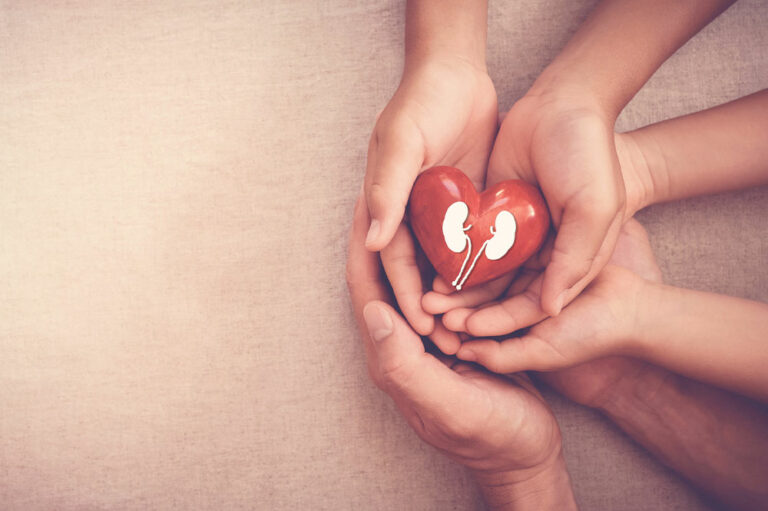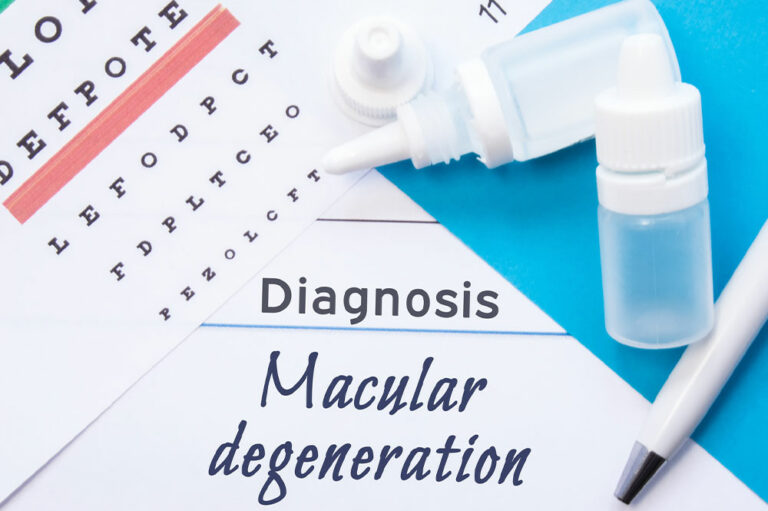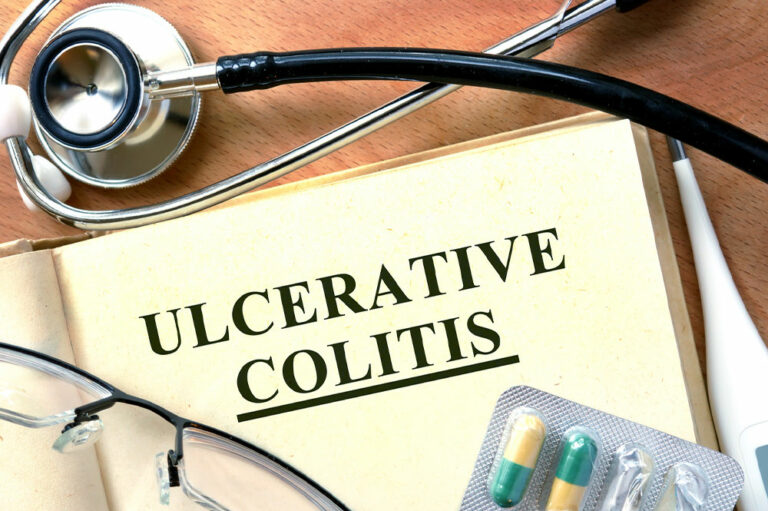
Health
Meal plans to help manage atrial fibrillation
Atrial fibrillation (Afib) occurs when the upper chambers of your heart beat out of sync with the lower chambers. Its symptoms include dizziness, breathing problems, fatigue, and palpitations. One of the most prevalent arrhythmias is Afib, and coronary heart disease, excess weight, and high blood pressure are some risk factors for the condition. When untreated, it can lead to a stroke. However, Afib can be managed via certain food choices. Fruits and vegetables You’ve certainly been told to eat your fruits and vegetables before, but those with Afib and other types of heart disease should remember this advice in particular. Numerous fruits and vegetables are rich in magnesium, which lowers the risk of heart disease and stroke, as well as vitamins C, K, and A, which can help prevent the accumulation of arterial plaque. Additionally, eating a lot of these low-fat, low-sodium, and low-calorie items can aid in weight management. Fruits rich in antioxidants and vitamins include blueberries, strawberries, raspberries, and cranberries. Compared to most canned, dried, and fruit juices, fresh fruits have greater nutrients and less sugar. Look for frozen fruits if fresh fruits are out of season, too expensive, or too complicated to prepare. They are a terrific smoothie ingredient and might be a cheaper, healthier alternative.
Read More 





